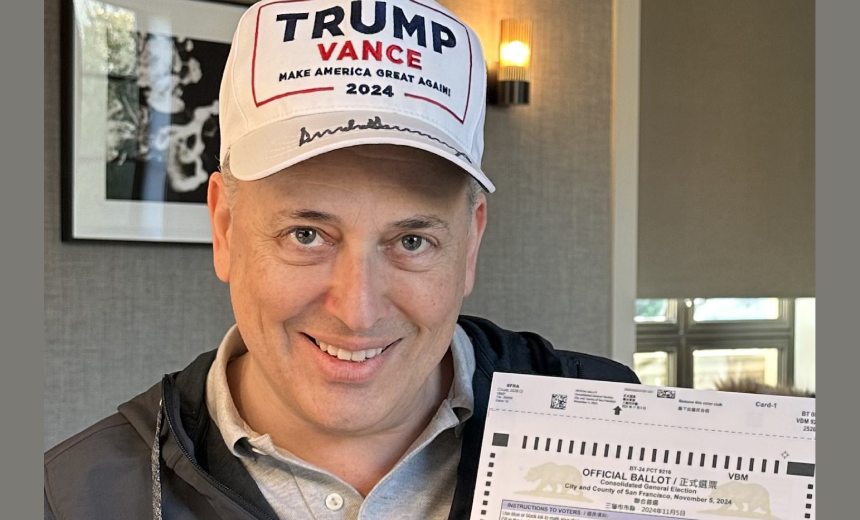Artificial Intelligence & Machine Learning,
Big Data Security Analytics,
Blockchain & Cryptocurrency
David Sacks Appointed as Trump’s AI and Crypto Director Amid Industry Concerns Over Conflicts

President-elect Donald Trump’s strategic decision to appoint David Sacks, a prominent figure from PayPal and a key ally of Elon Musk, as the White House czar for artificial intelligence and cryptocurrency, suggests a shift toward a more industry-favorable regulatory framework. This appointment raises significant cybersecurity implications, particularly in how emerging technologies may shape future market dynamics.
Notable leaders in AI and cryptocurrency, such as Tyler Winklevoss, the Gemini co-founder, and Sam Altman, the CEO of OpenAI, expressed their support for Sacks, with Winklevoss describing him as an “excellent choice.” Altman’s congratulatory remarks, however, followed a recent critique he made against Musk regarding potential political influences, indicating a complex atmosphere within Silicon Valley’s elite.
Experts warn that Sacks’ role may introduce conflicts of interest, especially given his ongoing involvement with Craft Ventures, a venture capital firm tied to many of Musk’s ventures. The anticipated regulatory framework Sacks is expected to develop could lack crucial protective measures for smaller entities, favoring larger corporations instead, which raises concerns about governance and industry fairness.
Emerging from a background in venture capital, the 52-year-old Sacks is tasked with navigating the intricacies of artificial intelligence and cryptocurrency regulations at a time when the administration’s stance on these technologies remains uncertain. His prior experience at PayPal, coupled with his role as a supporter in the 2024 campaign, positions him uniquely, yet it simultaneously highlights the potential for bias in regulatory decisions.
Additionally, Trump’s open advocacy for cryptocurrency during his campaign has led to skepticism from experts who fear that this could pave the way for “blockchain billionaires” to gain undue influence. The backdrop of Trump’s own ventures, particularly World Liberty Financial, which licensed his name for substantial token offerings, compounds these concerns about transparency and ethics in policymaking.
As Sacks embarks on this new role, industry professionals are keenly aware of the implications for cybersecurity. Discussions surrounding the potential adversary tactics and techniques highlighted in the MITRE ATT&CK framework, such as initial access and privilege escalation, are crucial for understanding the landscape Sacks will operate within. Many believe that careful scrutiny of his initiatives will be necessary to ensure that regulatory practices are equitable and that they do not disproportionately favor certain interests over others.
In a recent post on X, Sacks articulated his commitment to enhancing American competitiveness in pivotal technologies, which reflects a proactive stance toward shaping the future of AI and cryptocurrency. However, the balance between innovation and regulatory oversight remains delicate, and as his agenda unfolds, stakeholders will be closely monitoring the effects on market stability and cybersecurity defenses.
Craft Ventures has yet to comment on the implications of Sacks’ appointment, nor has the Trump transition team provided clarity on the potential conflicts. With the future of regulatory policy hanging in the balance, the coming months will undoubtedly reveal the challenges and opportunities ahead for cybersecurity in the evolving landscape of artificial intelligence and cryptocurrency.
